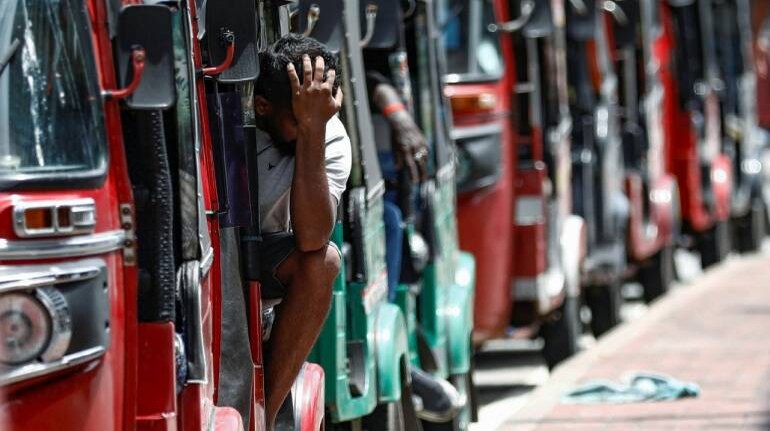
Washington: Assam could achieve 100 per cent e-rickshaw sales by 2025, becoming the first Indian state to achieve this milestone, according to a study conducted by a leading US university.
Assam has achieved around 85% sales of new electric three-wheelers by FY 2023 (April 2022, January 2023) and is one of only three states in India to achieve such a high level of electrification in any segment. ) claims a recent study from the Indian ZEV Research Center at the University of California, Davis.
“At the current pace, Assam can achieve 100% electric three-wheeler sales by 2025, becoming one of the first states in India and even the world to achieve this target. Moreover, the total sales volume in Assam is 3 W. Strong momentum in electric vehicle sales 3 W. Sales continue to grow despite the recovery from the pandemic,” says a study from the University of California, Davis.
More than 25 states in India have announced their own national EV policies, focusing on demand-side incentives, including subsidies for vehicle purchases, tax breaks and infrastructure charging incentives, and supply-side incentives to encourage investment in manufacturing electric vehicles. Many states have also set different goals for vehicle electrification by 2030.
While India has set a target of achieving net-zero emissions by 2070, it has not yet set any specific sector targets.
In the absence of a national EV target, national EV policy goals can provide important market signals at the local level, create demand and create an enabling environment for capital to flow into the EV ecosystem, guiding India towards greater ZEV adoption.
The study estimates that by 2030, states will provide combined incentives totaling about $1.1 billion.
The study said that since Assam’s EV policy came into effect in January 2022, 38,710 3W electric vehicles, 1,903 2W electric two-wheelers and 90 4W electric vehicles (four wheelers) have been sold in the state in 2022. .
In fact, the state has already achieved 85% of new sales of 3W electrification, which shows that the sector is witnessing good economics even with only the FAME-II subsidy scheme.
“The country is lagging in sales of 2W and 4W electric vehicles and additional government subsidies will go a long way to improve the market economics of these vehicles,” the report said.
According to the study, the benefits of Assam’s EV policy, which includes subsidies for EVs along with zero registration, road tax and free parking, will also be key to the shift from ICE to EVs in the 2W and 4W segments.
Noting that Assam is among the states that recently announced the National Electric Vehicle Policy in September 2021, he said the national policy sets targets for electrification of five-wheelers, including 100,000 two-wheelers, 75,000 three-wheelers and 25,000 four-wheelers. Duration of the policy (until 2026-2027).
In addition, the state plans to electrify 100% of public transport buses and government vehicles by 2030, including a ban on the purchase of internal combustion engines for government vehicles from 2025. Finally, the state is committed to phasing out all commercial and logistics vehicles powered by fossil fuels by 2030.
The study notes that as state governments develop policy frameworks for electric vehicles, there is a need to develop capabilities to align an enabling transport policy ecosystem as various transport and energy-related issues fall under the jurisdiction of all levels of government, especially at state and local levels. The government reported to the agency.
Statement: The picture and text come from the Internet, compiled and published according to public information, reproduced for the purpose of disseminating information, if there is any infringement or violation, please contact us to delete. If you need to reprint or quote the materials of this article, please indicate the source.
Post time: Dec-27-2023
